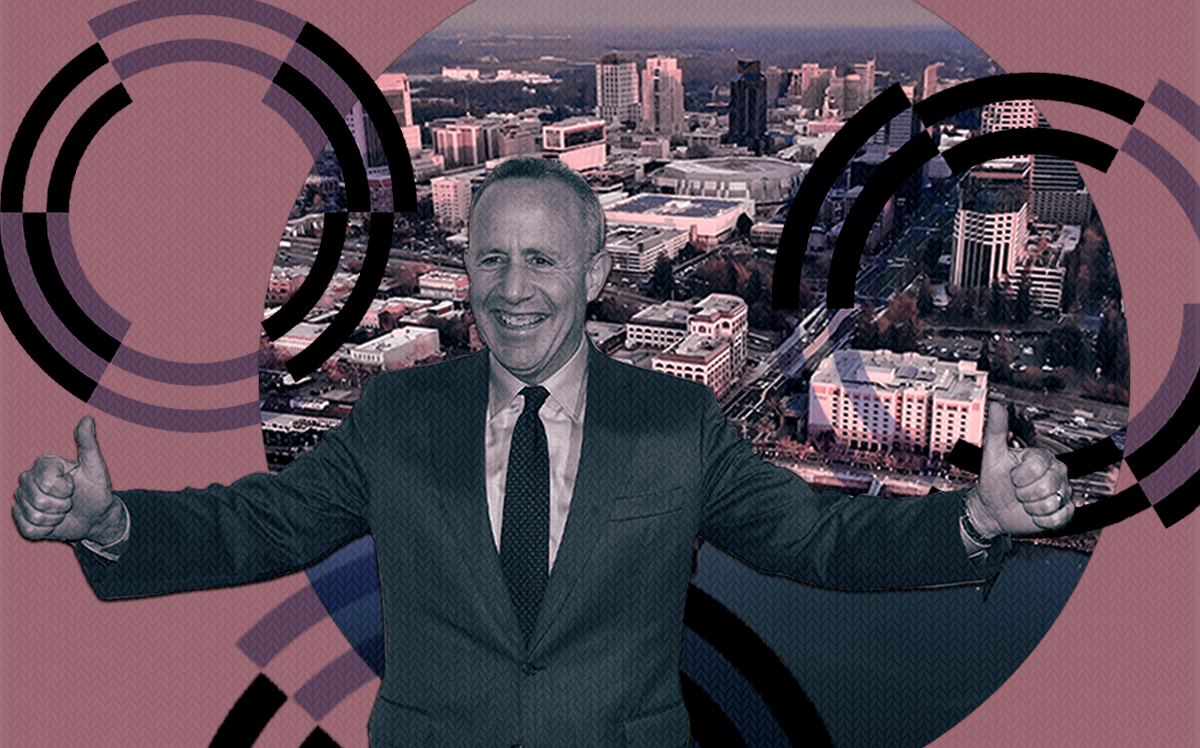Trending
Sacramento city officials propose ending single-family zoning to boost housing
Capital would join just a handful of other cities across California, though similar statewide measures have failed

A statewide measure to limit single-family zoning in order to boost housing and affordability has repeatedly failed, but Sacramento city officials are now debating a version of that bill.
If passed, the California capital would join a handful of other cities — and other states — to adopt such legislation, according to the Los Angeles Times.
The Sacramento City Council’s proposal would allow up to four-unit homes in what are now predominantly single-family neighborhoods. Around 70 percent of Sacramento’s residential areas are zoned for single-family homes, and most of those areas would be affected by the new rules.
Sacramento Mayor Darrell Steinberg backs the proposal, arguing that drastic action must be taken to ensure the city remains affordable in the long run.
Pro-growth activists across California have long-advocated for such measures, and some state elected officials have pushed for it as well.
State Sen. Scott Wiener has authored bills in each of the last several sessions to allow more dense development in single-family neighborhoods statewide. The Senate passed a bill this year allowing duplexes on most single-family lots statewide, but the Assembly never took action on it.
Such measures regularly face fierce opposition from residents in single-family neighborhoods, who often argue that a push for more density would destroy the character of their areas and drive down property values.
The Sacramento proposal hasn’t received as much pushback as those statewide bills, but some city residents say that’s just because people don’t know it is being considered, according to the report.
Minneapolis ended single-family-only zoning in 2018, and in Oregon, officials did so for the state’s urban centers in 2019. Leaders in San Francisco, San Jose and Berkeley have considered similar measures. [LAT] — Dennis Lynch




